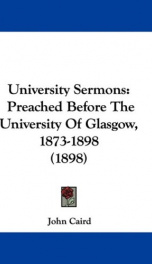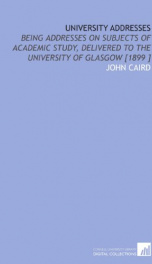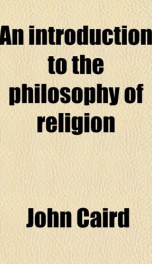spinoza

Purchase of this book includes free trial access to www.million-books.com where you can read more than a million books for free. This is an OCR edition with typos. Excerpt from book: 36 CHAPTER II. INFLUENCE OF PRECEDING WRITERS THE KABBALA. Conceding that the philosophy of Spinoza is not thoroughly self-consistent, we have said that it may be possible to discover what was the dominant idea or prevailing tendency in its author's mind, and to see in its inconsistencies, not so much the presence of irreconcilable principles, as an inadequate apprehension of the meaning and results of one leading principle. One help towards the right understanding of his system we have found in Spinoza's own account of the motive of his speculations, the impulse which originated and guided the process by which he endeavoured to attain intellectual satisfaction. Another help may be found in what we know of his early studies, and of the writers who may have moulded his mind or given a special direction to his thoughts. Much ingenuity has been spent, perhaps we might say misspent, in tracing the supposed " sources" of Spin- ozism. Not only has it been regarded by many writers as the logical development of the Cartesian philosophy, but, in so far as it diverges from the latter, it has been represented as reflecting or reproducing the mystical theosophy of the Kabbala, or the ideas of MaimonidesOriginality. 37 and other medieval Jewish philosophers, or the revived Platonism of Giordano Bruno and other writers of the fifteenth and sixteenth centuries. But it is to be considered that the originality of a philosophical writer is not to be determined simply by the measure in which his ideas are traceable to earlier sources, or by the suggestions he has caught up from other minds. To lend real value to any contribution to philosophy it must reproduce the past, the sole question is whether the reproduction is a dead or living reproduction, a rechauffe of old materials coll...
Info about the book
Author:
Series:
Unknown
ASIN:
B004VBLY3Q
Rating:
3.5/5 (3)Your rating:
0/5
Languge:
English
Users who have this book
Users who want this book
What readers are saying
What do you think? Write your own comment on this book!
write a commentGenre
if you like spinoza try:
Do you want to read a book that interests you? It’s EASY!
Create an account and send a request for reading to other users on the Webpage of the book!





